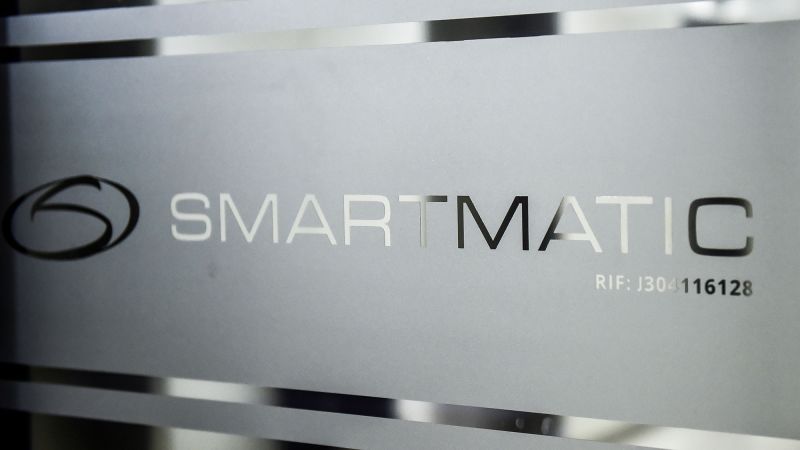
Smartmatic executives charged by Justice Department in alleged Philippines bribery scheme
CNN
Three current and former executives from Smartmatic, the voting technology company suing right-wing media outlets over their 2020 election coverage, have been charged in the US in connection with an alleged bribery scheme in the Philippines, according to the Justice Department.
Three current and former executives from Smartmatic, the voting technology company suing right-wing media outlets over their 2020 election coverage, have been charged in the US in connection with an alleged bribery scheme in the Philippines, according to the Justice Department. Among the Smartmatic executives facing charges is the company’s president, Roger Piñate, according to a Justice Department press release. The indictment itself doesn’t appear to be publicly available as of Friday morning. Prosecutors said in the press release that the indictment stems from bribes allegedly paid by Smartmatic to Andres Bautista, the former top election official in the Philippines, “to obtain and retain business related to providing voting machines and election services for the 2016 Philippine elections.” Bautista was already facing related charges in the US and is named in the new indictment, according to the press release. Smartmatic released a statement acknowledging the indictments, saying that the two executives who are still at the company have immediately been “placed on leaves of absence,” though they “remain innocent until proven guilty.” The company added, “No voter fraud has been alleged and Smartmatic is not indicted. Voters worldwide must be assured that the elections they participate in are conducted with the utmost integrity and transparency.”

Federal regulators repeatedly granted appeals to remove Camp Mystic’s buildings from their 100-year flood map, loosening oversight as the camp operated and expanded in a dangerous flood plain in the years before rushing waters swept away children and counselors, a review by The Associated Press found.

Two of the most senior figures in the US government — Secretary of State Marco Rubio and the White House chief of staff — have been impersonated in recent weeks using artificial intelligence — a tactic that harnesses a rapidly developing technology that cybersecurity experts say is becoming the “new normal” in terms of cheap and easy scams targeting senior US officials.





















 Run 3 Space | Play Space Running Game
Run 3 Space | Play Space Running Game Traffic Jam 3D | Online Racing Game
Traffic Jam 3D | Online Racing Game Duck Hunt | Play Old Classic Game
Duck Hunt | Play Old Classic Game









